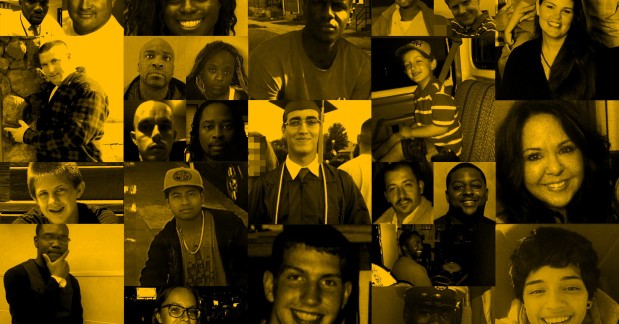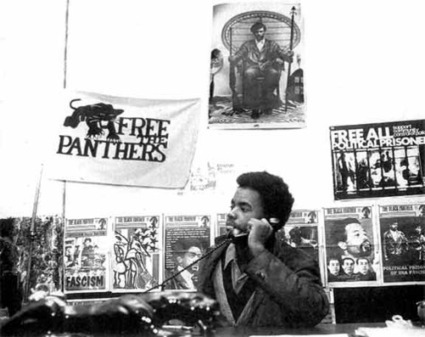Christopher Petrella – “The Color of Corporate Corrections” As the prison population in the United States has skyrocketed over the last 30 years, cash-strapped states have turned to the private sector to resolve prison overcrowding. Privately-operated prisons claim that they run more efficiently and save more money than governmental facilities. How can they make such claims? The answer may lie in a recent study, which found that private prisons incarcerate African Americans and Latinos at even higher rates than government-run prisons. Christopher Petrella, a doctoral candidate at the University of California, Berkeley, conducted the study and joins us to discuss its…
Everett Glenn and George Johnson – Racial Inequities in College Sports March Madness begins this weekend with the selection of the teams that will participate in the NCAA basketball tournament. Getting into the tournament is a big deal for the schools—it’s a great source of pride, prestige, and, of course, money. But what will the young athletes, particularly the young athletes of color who will be on the court, get out of it? Everett Glenn, president of the National Sports Authority, and our commentator George Johnson discuss the role parents, students, and universities should play in the success of young athletes of…
“Reinventing the War on Poverty” Tavis traveled to Washington to participate in “Reinventing the War on Poverty”, a daylong event hosted by “The Atlantic” magazine in cooperation with the Tavis Smiley Foundation, as part of our initiative, ENDING POVERTY: America’s Silent Spaces, a $3 million, four-year national effort to examine barriers and identify solutions to alleviate poverty in the United States. In an excerpt from Tavis’ presentation, he outlines what the country needs to do to ensure that millions of Americans have the tools to emerge from living in or near…
Marwan Muasher – “The Second Arab Awakening” Now in its fourth year, the Arab Spring movement that began in late 2010 has yet to drive out autocratic regimes and usher in democratic ones—in fact, some of those brutal autocrats have tightened their grip. Marwan Muasher, the former foreign minister and deputy prime minister of Jordan, argues in his book, “The Second Arab Awakening: And the Battle for Pluralism”, that democracy can still flourish in the Middle East—but not without some major political and cultural…
Listen on Stitcher
Listen on Soundcloud
Listen on iTunes
Listen on PRI





